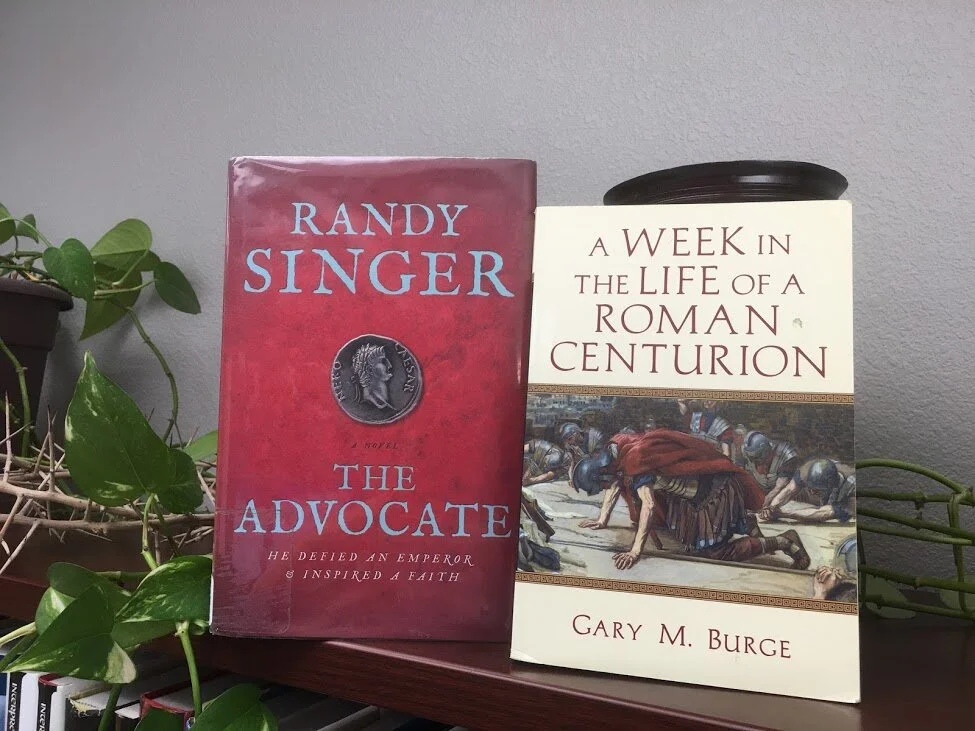Recently we were helping my mother-in-law look at properties. One of the first questions you need to know about a property is if it has water. There is some beautiful land not far from our home that can’t hook up to city water and whose wells have dried up. Unsurprisingly their value has plummeted. What use is a property with no water source?
Not much.
Many are living in a spiritual house with no water source.
What do you draw from as your spiritual source? Most draw from many sources: their conscience, self-help gurus, counselors, friends, podcasts, and news sources.
There is nothing wrong with any of these. But they are not the source that we depend on for truth.
THIRSTY
In Amos, God warned of a coming famine. “’Behold, the days are coming,’ declares the Lord God, ‘when I will send a famine on the land—not a famine of bread, nor a thirst for water, but of hearing the words of the Lord’” (Amos 8:11).
You don’t take a Coca-Cola on a hike. You don’t water your garden with saltwater. You don’t rehydrate with a glass of wine. We depend on fresh water.
STREAMS OF PURE WATER
In the first Psalm, we learn of the blessed man. We are told, “He is like a tree planted by streams of water that yields its fruit in season, and its leaf does not wither” (Psalm 1:3). These pure streams of water were there in the Garden of Eden (Genesis 2:10). Ezekiel prophesied that one day God would flood his land with these pure streams (Ezekiel 47:1-12). And in John’s final revelation, we see that this crystalline river of life will take center stage in eternity, “flowing from the throne of God and of the Lamb through the middle of the street of the city” (Revelation 22:1).
What is this source? What were we made to draw life from and always will depend on?
This source of nourishment is our spiritual water and bread, it is the Word of God.














